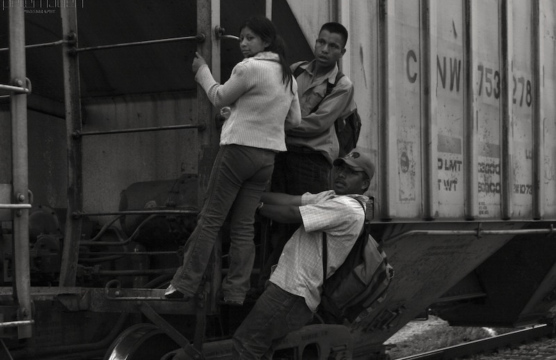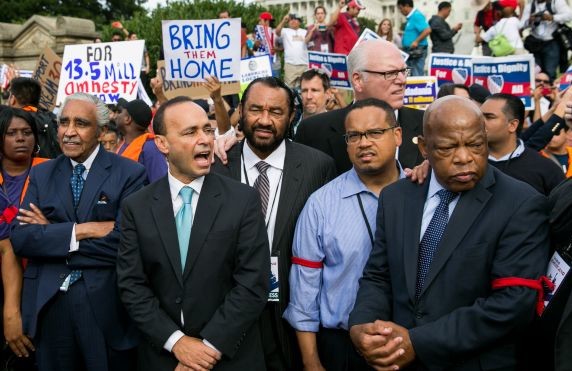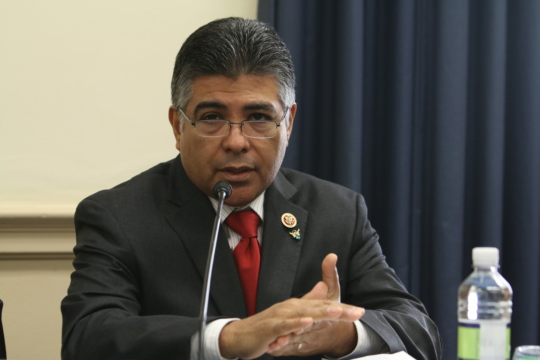
Migration & Development: Trends & Policy Options
Despite the economic importance of migration, Central American governments have lacked integral policies to leverage migration for development.
Immigration has sparked political debate in the United States for decades. After all, there is a great deal at stake: employment, family reunification, border security, asylum, social services, citizenship, and legalization. Among these difficult issues, it is the latter that has become the most controversial. Though many sectors recognize that the immigration system needs repair, the issue of what to do with the country’s estimated 11 million undocumented immigrants is a political lightening rod.
Although the public supports immigration reform, opinion is more divided on the question of citizenship for undocumented migrants. In a July 2013 Gallup Poll, 90 percent of respondents said it was important to them to have new immigration laws. Of these, 37 percent felt that the issue was “extremely important.” Nationwide, the vast majority of respondents support tightening border security (83 percent), requiring workplace verification (84 percent), and increasing short-term work visas for immigrants whose skills are needed (73 percent). Significantly, a majority (67 percent) of those surveyed believe that undocumented immigrants currently in the US should “be allowed to stay in the country legally.” Of those, 45 percent support a pathway to citizenship, while the remaining 22 percent support a pathway to permanent residency
Despite this political mandate for change, passing an immigration reform bill will be difficult, if past experiences are any indication. The most recent reform, the 1986 Immigration Reform and Control Act, is generally considered to have failed in preventing the emergence of another large undocumented population, and is often cited as a cautionary tale for contemporary reform efforts. In the early 2000s, a number of attempts to reform the immigration system came to a halt with the resounding defeat of the Secure Borders, Economic Opportunity, and Immigration Reform Act of 2007.
Six years later, with an awareness of the growing political clout of Hispanic voters, the issue is back on the table. On April 26, 2013, a bipartisan “Gang of Eight” introduced the Border Security, Economic Opportunity, and Immigration Modernization Act to the Senate, where it later passed 68-32.
Despite the economic importance of migration, Central American governments have lacked integral policies to leverage migration for development.
More than 52,000 Central American children, passing through Mexico, have sought entry into the US.
On February 28, 2014, the Inter-American Dialogue organized a Capitol Hill conference on pressing issues in Central America and Mexico.

